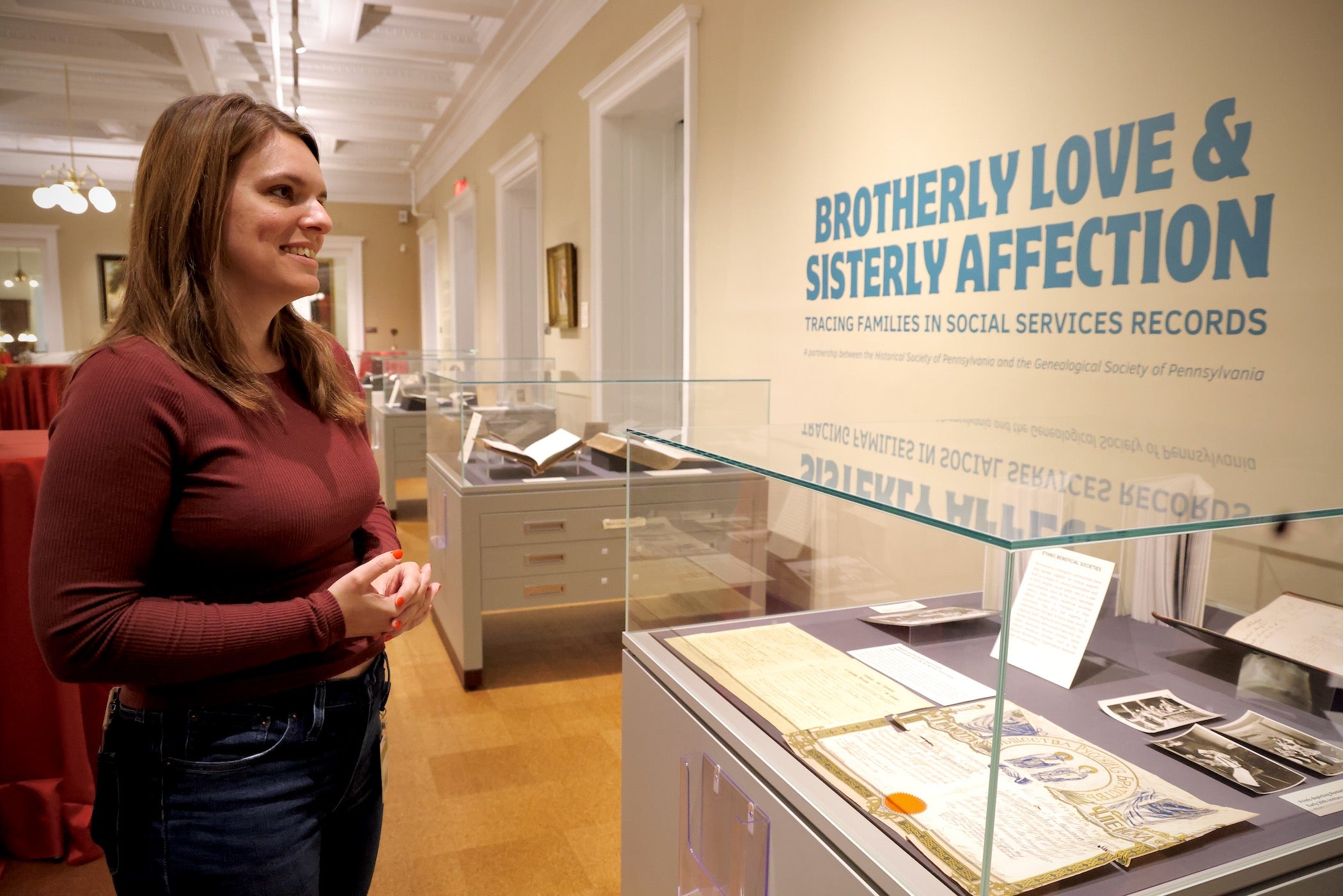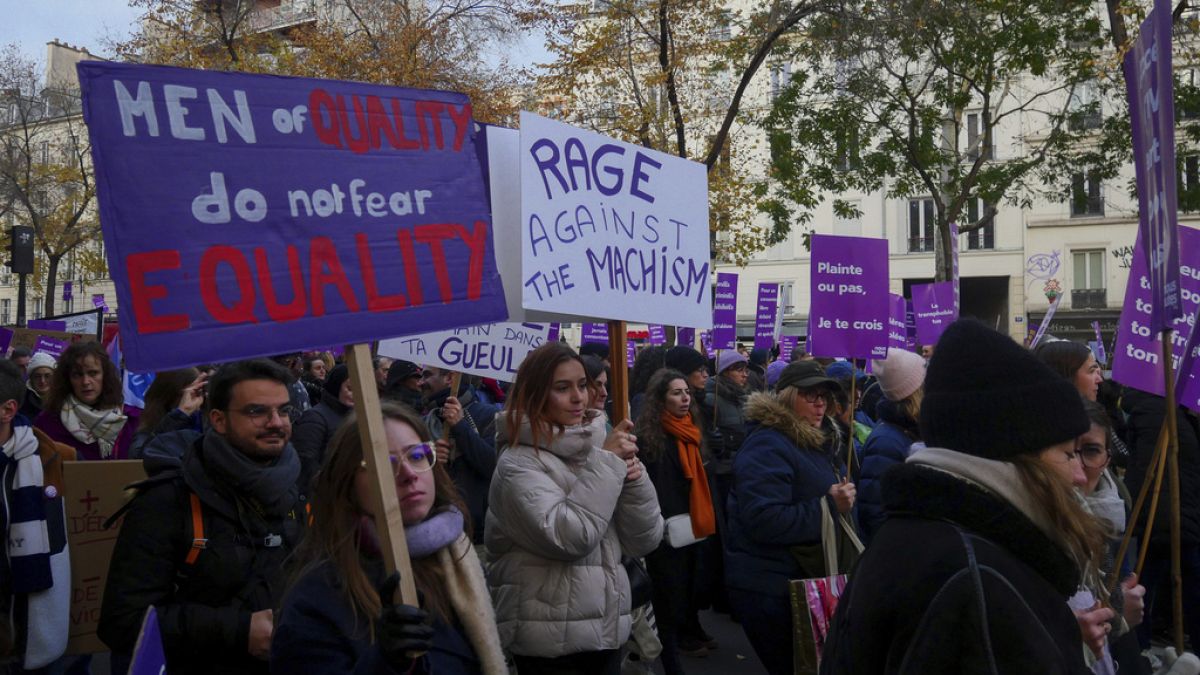Pennsylvania
Pennsylvania’s Senate returns for an unusual August session and a budget stalemate

View of the Pennsylvania State Capitol in downtown Harrisburg, Pennsylvania on April 2, 2023. (Photo by Daniel SLIM / AFP) (Photo by DANIEL SLIM/AFP via Getty Images)
HARRISBURG – Pennsylvania’s Republican-controlled Senate reconvened Wednesday for an unusual August session mired in a two-month budget stalemate with the Democratic-controlled House.
Two budget-related bills passed, primarily on party lines, as Senate Republicans advanced a blend of provisions that have bipartisan support and others that do not.
Neither bill has the agreement of House Democratic leaders. The House is not scheduled to reconvene until after a Sept. 19 special election that is expected to restore the chamber’s one-seat Democratic majority.
Lawmakers in early July passed the main spending bill in a $45 billion budget package, but it only reached Democratic Gov. Josh Shapiro’s desk after a partisan fight over creating a new $100 million program to send students to private schools.
That left a number of programs in limbo, with money approved for them, but lacking companion legislation that explains how to distribute the money.
Some of the bipartisan provisions approved Wednesday would boost insurance reimbursements to ambulance squads, increase Medicaid reimbursements for nursing homes and reauthorize court filing fees that help fund local courts.
Another renews an assessment that distributes more than $1 billion annually to hospitals in federal funds.
Some provisions allow the distribution of hundreds of millions of dollars to various programs and institutions, including one that Democrats had sought to fund universal free school breakfasts in public schools.
The legislation also includes an additional $75 million in tax credits — up to $480 million annually — in exchange for business donations, primarily to private schools, and it imposes a two-year tuition freeze on Pennsylvania’s state-owned universities.
Nearly every Democrat opposed the bills, saying Republicans are holding up the distribution of $100 million to the poorest public schools, millions for lawyers to represent indigent defendants and subsidies for student-teachers to help recruit more teachers.
Also in limbo is hundreds of millions of dollars that the state normally sends each year to Penn State, the University of Pittsburgh and Temple University to subsidize in-state tuition. It is being held up by a group of Republican lawmakers.

Pennsylvania
Mostly cloudy and breezy conditions on tap this evening

Pennsylvania
Bacteria In Toothpaste: What PA Customers Need To Know

PENNSYLVANIA— Any Pennsylvania residents who use Tom’s of Maine toothpaste and have noticed a strange taste or smell from the product aren’t alone, according to the U.S. Food & Drug Administration, which recently detailed how bacteria was found in some of the company’s products and black mold was discovered at a facility.
The agency this month issued a warning letter to Tom’s of Maine Inc. about its “significant violations” of manufacturing regulations for pharmaceuticals, and discussed a May inspection of the facility in Sanford, Maine.
Pseudomonas aeruginosa, a type of bacteria that can cause blood and lung infections, according to the U.S. Centers for Disease Control and Prevention, was found from June 2021 to October 2022 in samples of water that was used to make Tom’s Simply White Clean Mint Paste, the letter stated. The water was also used for the final rinse in equipment cleaning.
Gram-negative cocco-bacilli Paracoccus yeei, which is associated with several infections, according to the Hartmann Science Center, was in a batch of the company’s Wicked Cool! Anticavity Toothpaste, the letter stated.
Ralstonia insidiosa, a waterborne bacteria, according to the Journal of Medical Microbiology, was repeatedly found at water points of use at the facility, the letter stated.
“A black mold-like substance” was discovered within one foot of equipment that came into contact with products, according to the letter, which stated the substance was at the base of a hose reel and behind a water storage tank.
The company received about 400 complaints related to toothpaste odor, color and taste, including in relation to products for children, but the complaints were not investigated, the letter said.
“We have always tested finished goods before they leave our control, and we remain fully confident in the safety and quality of the toothpaste we make,” Tom’s of Maine said, according to News Center Maine. “In addition, we have engaged water specialists to evaluate our systems at Sanford, have implemented additional safeguards to ensure compliance with FDA standards, and our water testing shows no issues.”
In the federal administration’s letter, dated Nov. 5, the agency directed the company to provide multiple risk assessments, reserve sample test results from all unexpired batches, and a water system remediation plan, among other things. The administration requested a written response from Tom’s of Maine within 15 working days.
With reporting by Anna Schier of Patch.
Pennsylvania
How Philadelphia took care of its own through history

The Orphan Society was formed by a committee of wealthy Philadelphia women, notably Sarah Ralston and Rebecca Gratz, who each took the role of social reformer very seriously.
Gratz, the daughter of a wealthy Jewish merchant, also formed the Female Association for the Relief of Women and Children in Reduced Circumstances, the Female Hebrew Benevolent Society, and the Hebrew Sunday School. Gratz College in Elkins Park is named after her.
“She never married,” Barnes said. “She did things like put her money and her time toward doing that kind of public service.”
Ralston, the daughter of onetime Philadelphia mayor Matthew Clarkson, also formed the Indigent Widows and Single Women’s Society, which ultimately became the Sarah Ralston Foundation supporting elder care in Philadelphia. The historic mansion she built to house indigent widows still stands on the campus of the University of Pennsylvania, which is now its chief occupant.
Women like Ralston and Gratz were part of the 19th-century Reform Movement that sought to undo some of the inhumane conditions brought about by the rapid industrialization of cities. Huge numbers of people from rural America and foreign countries came into urban cities for factory work, and many fell into poverty, alcoholism, and prostitution.
“These are not new problems, but on a much larger scale than they ever were,” Barnes said. “It was just kind of in the zeitgeist in the mid- and later-1800s to say, ‘We’ve got to address all these problems.”
The reform organizations could be highly selective and impose a heavy dose of 19th-century moralism. The Indigent Widows and Single Women’s Society, for example, only selected white women from upper-class backgrounds whose fortunes had turned, rejecting women who were in poor health, “fiery-tempered,” or in one case, simply “ordinary.”
-

 Business1 week ago
Business1 week agoColumn: Molly White's message for journalists going freelance — be ready for the pitfalls
-

 Science4 days ago
Science4 days agoTrump nominates Dr. Oz to head Medicare and Medicaid and help take on 'illness industrial complex'
-

 Politics6 days ago
Politics6 days agoTrump taps FCC member Brendan Carr to lead agency: 'Warrior for Free Speech'
-
/cdn.vox-cdn.com/uploads/chorus_asset/file/25739950/247386_Elon_Musk_Open_AI_CVirginia.jpg)
/cdn.vox-cdn.com/uploads/chorus_asset/file/25739950/247386_Elon_Musk_Open_AI_CVirginia.jpg) Technology5 days ago
Technology5 days agoInside Elon Musk’s messy breakup with OpenAI
-

 Lifestyle6 days ago
Lifestyle6 days agoSome in the U.S. farm industry are alarmed by Trump's embrace of RFK Jr. and tariffs
-

 World6 days ago
World6 days agoProtesters in Slovakia rally against Robert Fico’s populist government
-

 News6 days ago
News6 days agoThey disagree about a lot, but these singers figure out how to stay in harmony
-

 News6 days ago
News6 days agoGaetz-gate: Navigating the President-elect's most baffling Cabinet pick


















